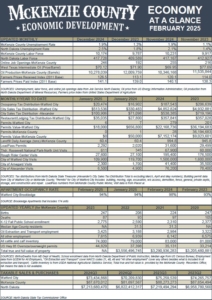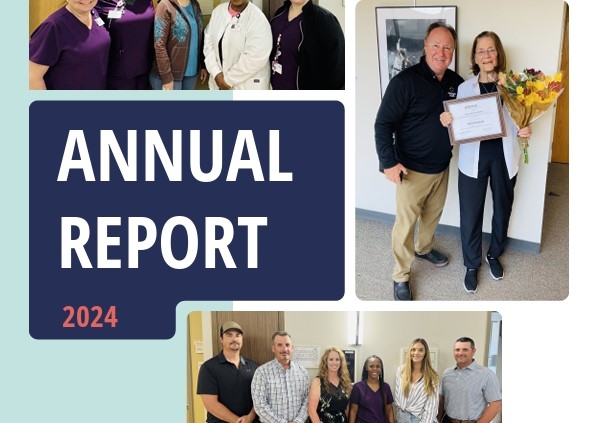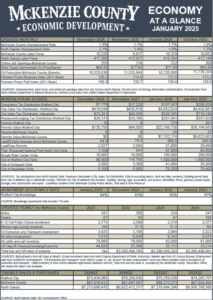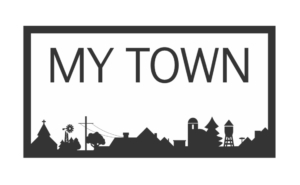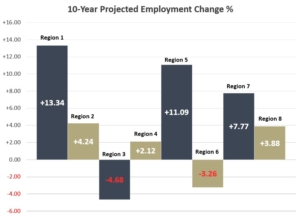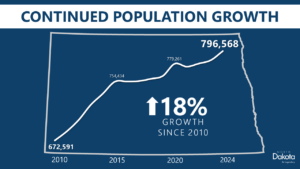Oil and gas taxes have been a vital part of North Dakota’s economy, contributing over 50% of local tax collections over the past decade. According to the latest Oil and Gas Tax Revenue Study, these funds support essential services such as infrastructure, education, public safety and tax relief.
Produced by the Western Dakota Energy Association and the North Dakota Petroleum Council, the study examines tax collections from 2008 to 2024 and explores how revenues from the Extraction and Gross Production Tax are distributed to enhance the state’s quality of life.
Key findings include:
- Over $32 billion in financial support since 2008
- Approximately $6 billion in tax revenues for fiscal years 2023 and 2024
- A cumulative Legacy Fund balance of $8.9 billion as of December 2024
To view the complete study, click here.

